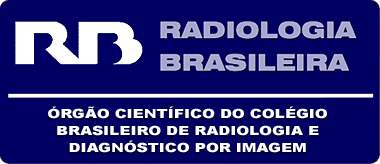Chronic autoimmune thyroiditis is currently considered as the main cause for hypothyroidism and its diagnosis is based on clinical manifestations and laboratory tests results. The most significant laboratory marker for this disease is the presence of anti-thyroperoxidase and anti-thyroglobulin antibodies, the latter being the most sensitive one. Aspiration biopsy shows high sensitivity and specificity but, considering the invasiveness of this method it is reserved for cases of suspected nodules or fast growing goiter. Scintigraphy is unnecessary for the diagnosis, considering its low specificity and sensitivity. Both B-mode and duplex color Doppler ultrasonography have rapidly evolved, becoming a simple, noninvasive and reproducible method with high sensitivity for the diagnosis of chronic autoimmune thyroiditis. Echogenicity is a relevant parameter at B-mode ultrasonography because of the close correlation with cytopathological findings besides the high sensitivity in the diagnosis of the disease. Although this is not a specific parameter for chronic autoimmune thyroiditis, considering that it may also be found in Graves' disease, postpartum thyroiditis and subacute thyroiditis, such disorders can be easily differentiated both by clinical-laboratory and duplex color Doppler findings. Thus, the present study is aimed at evaluating the significance of thyroid echogenicity in the diagnosis of chronic autoimmune thyroiditis.
Ultrasonography; Echogenicity; Thyroiditis; Chronic; Autoimmune









